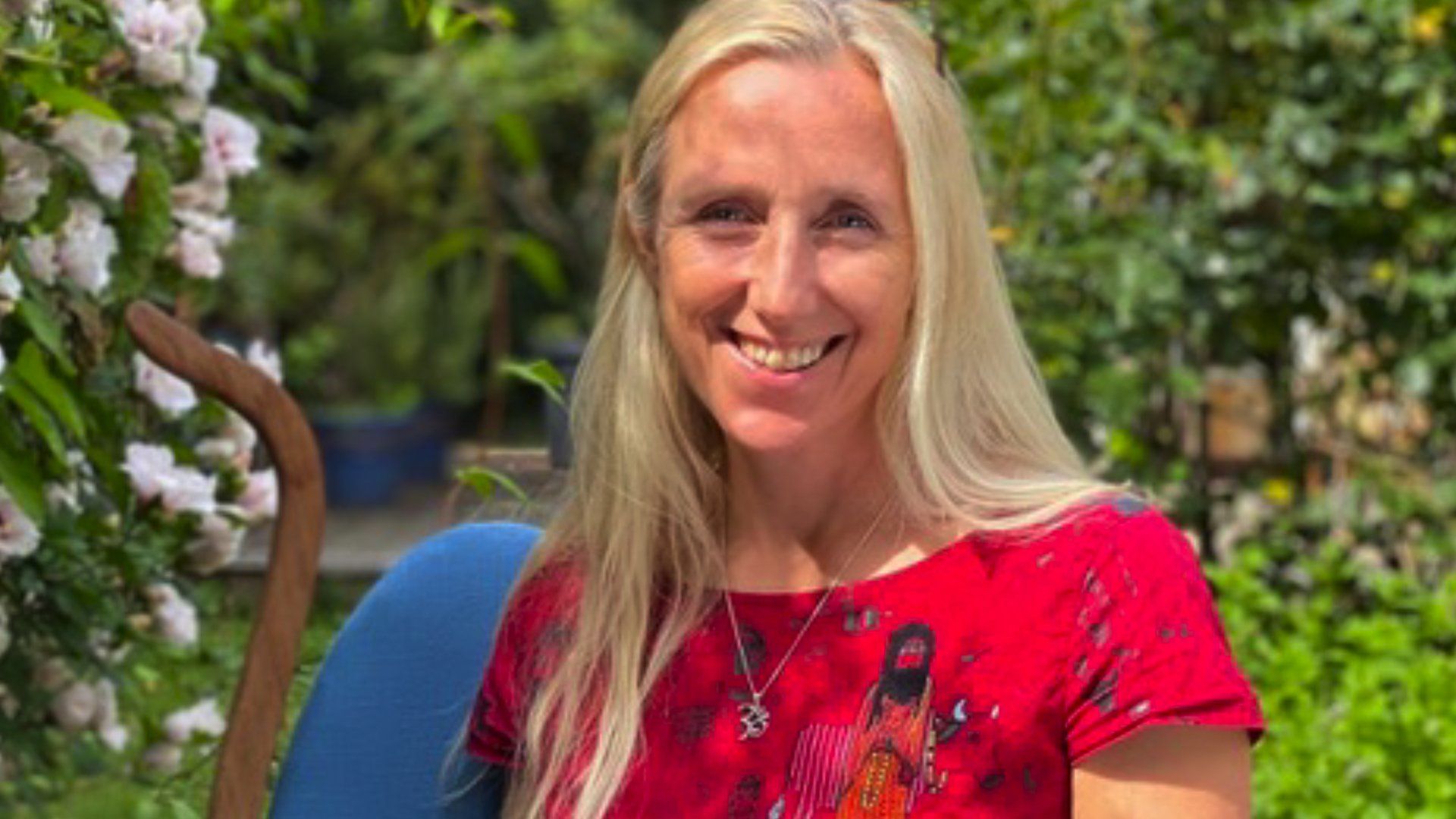The Future of Education
ROSINA DORELLI, FOUNDER AND DIRECTOR OF DA VINCI LIFE-SKILLS.
Article 26 of the United Nation’s Universal declaration of Human Rights (1948), relates to education. Part of section 2 states that, “Education shall be directed to the full development of the human personality.” I would like to question whether the current English state education system is adequately meeting this goal.

What is implied by, “the full development of the human personality”? Do we have a common personality? Science has shown that humans have large complex brains and live in large complex social groups. We appear to have a strong sense of curiosity that leads us to want to explore, understand and manipulate our environment. Research suggests that, “intelligence is a very general mental capability that, among other things, involves the ability to reason, plan, solve problems, think abstractly, comprehend complex ideas, learn quickly, and learn from experience.” (Stern, 2017). Is focusing on a narrow set of academic skills and sitting high stakes exams the best way to fully develop a human personality, to enable them to flourish in life?
Humans have a unique mental flexibility to adapt to our changing environment, but the transition from hunter gatherer tribes to the industrial revolution happened in just a few thousand years, “the genes that guide human brain development have not undergone remarkable changes during the last 50,000 years. This means that as a species, humans are genetically adapted to accomplish requirements of the world as it existed at approximately 48,000 BC.” (Stern, 2017). Designing a well-rounded education system for the modern human is therefore a complicated task that perhaps requires a combination of ancestral knowledge and modern technology.
The current UK state education system was invented at the end of the nineteenth century to meet the needs of the industrial revolution and to prepare children to live in an increasingly complex world. It has helped to raise standards in literacy and numeracy, provided opportunities to bridge the class divides and improved our economic progress in the global arena. The UK ranks 15th and 17th in world literacy and numeracy according to the studies lead by the OECD’s 2018 PISA reports, but, “the UK’s students were also found to have the second lowest levels of “life satisfaction” in the OECD.” (The Times, 2022). So where are we going wrong?
We are now entering a new technological revolution, with the rapidly advancing inventions of smart phones, virtual reality and AI. It is an increasing VUCA (Volatile, Uncertain, Complex and Ambiguous) world. We can no longer predict what our children’s future will look like. Businesses are complaining about the lack of skilled workers, not just in IT, but in life-skills such as teamwork, self-management and creative thinking. Hi-stakes exams are causing depression because, “a third of pupils in England are in effect written off at 16 because they fail to get grade 4 or above in English and maths GCSEs” (The Times, 2022), add this to the threat of climate change and the unethical use of dopamine addiction in many social media platforms, it is no wonder that we are seeing an alarming increase in unhappiness and mental health issues in our young people.
We have founded Da Vinci Life-Skills to help tackle some of these problems. We have created a vision of what education could be in the future, directed to the holistic development of the whole human personality. Based on extensive research, we are building a new curriculum and assessment model to meet the needs of future generations. We are focusing on the development of life-skills and how to nurture human beings’ inherent curiosity and love of learning. Our 5 project pathways explore a range of academic, physical, social/ emotional and creative/intuitive skills, guided by the UK National Curriculum and student interest. We believe that a convergence of ancient wisdom and technological innovation can guide us into a creative, ethical and sustainable future for all. To find out more please visit, https://davincilifeskills.com.
References:
OECD Programme for International Student Assessment (PISA), (2018). Retrieved from
https://www.oecd.org/pisa/publications/pisa-2018-results.htm
Stern, E. (2027). Individual differences in the learning potential of human beings. npj Science Learn 2, 2. Retrieved from https://doi.org/10.1038/s41539-016-0003-0
The Times Interim Report, (2022). Retrieved from
https://www.thetimes.co.uk/society/education/education-commission
UN General Assembly, Universal Declaration of Human Rights, (10 December 1948). Retrieved from https://www.un.org/en/about-us/universal-declaration-of-human-rights
This article was first published in Engage 24.




